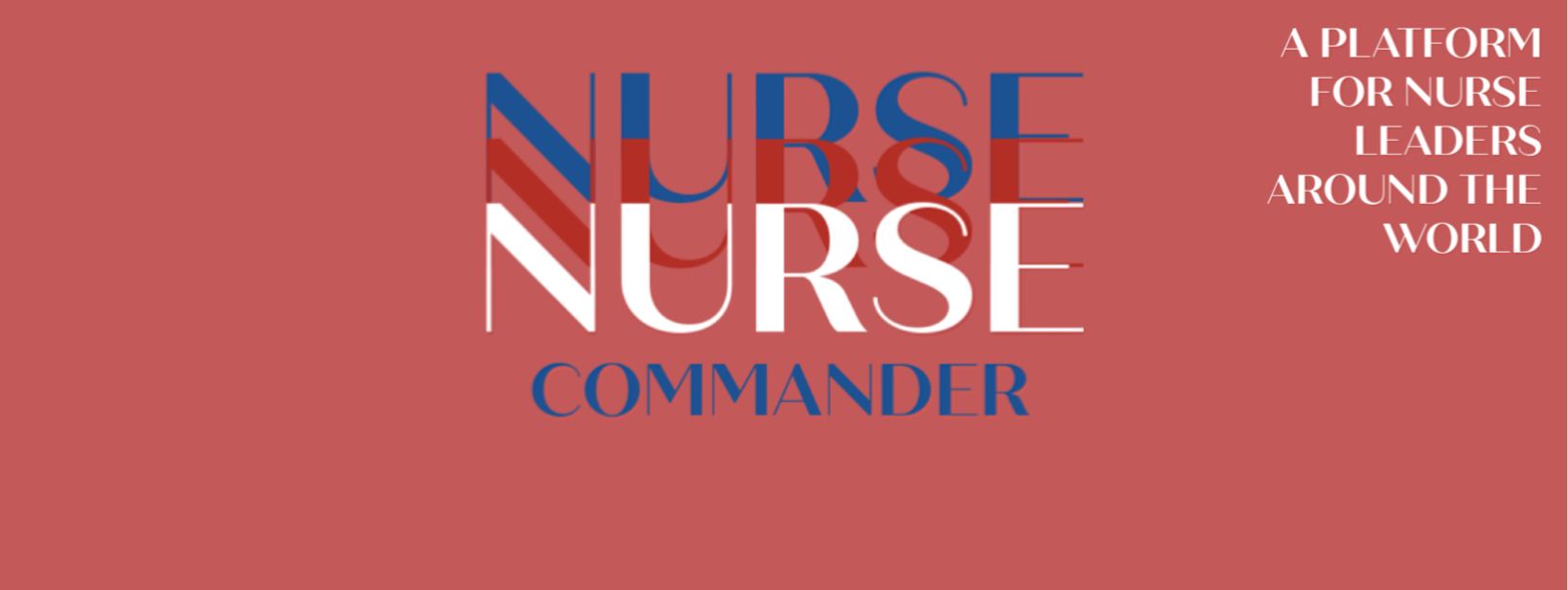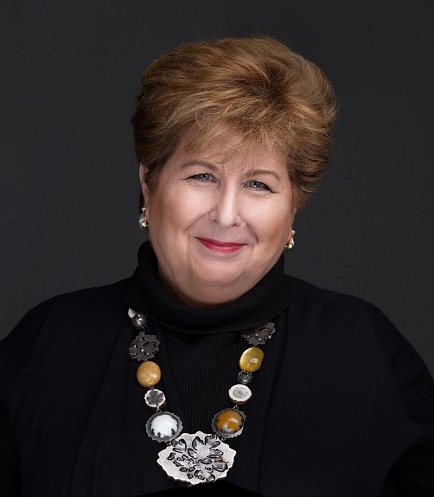Robin Kanarek, RN, is the President of the Kanarek Family Foundation in Greenwich, Connecticut. Kanarek is a palliative care advocate who has spent the last 15 years promoting and educating the public and providers on the benefits of palliative care, the role of spirituality in healthcare and the need for advanced proactive health planning. Kanarek shared that current research shows that people assume the term “advanced directives” equates to “end of life’ and “do not resuscitate (DNR)”, when it is so much more and suggests using the wording proactive health planning instead. Kanarek is a true champion for nurse palliative care education and nurse leadership. Kanarek believes nurses are the best health care professional to be addressing palliative care and end of lie issues with patients and families and believes there is a need for more Nurse Palliative Care Leaders doing this work.
Kanarek founded the Kanarek Family Foundation to honor their son David who died in 2000 at age 15 years from graft-verse-host-disease (GVHD) complications post Stem Cell Transplant for Acute Lymphoblastic Leukemia (ALL). His younger sister was his donor. While David received the best medical care available at the time, palliative care was a relatively new subspecialty in medicine and not available to David or his family during or after his illness. David suffered spiritual distress while in prolonged isolation and struggling with his own mortality. The foundation’s mission as a result of this experience is to improve the quality of life for those affected by cancer and other serious, life threatening conditions through the promotion, education, and integration of palliative care into all areas of healthcare. Kanarek was inspired by Atul Gawande’s book, Being Mortal and as a result, also started the Center for Palliative care at Fairfield University’s Egan School of Nursing.
While listening to nurses working on the front lines of COVID19, they have reported that watching patients die without loved ones at their bedside has been extremely distressing. Restricted visitation policies, while very effective preventing and containing the spread of the virus, comes at a great psychological cost to families and staff during this crisis. Nurses are reporting holding phones to patients’ ears so loved ones can say goodbye. Families losing loved ones without the ability to properly say goodbye complicates their grief process. Nurses are currently too busy to fully process and reflect on all that is happening and have little time to grieve before moving on to the next crisis. In the long term, this type of emotional distress may lead to PTSD, burn out, impact job satisfaction, and negatively impact nursing retention.
Equally devastating has been having difficult conversations about life saving interventions with family members who do not know their loved one’s end of life wishes. Many families are making difficult end of life decisions during a crisis when death is imminent. Ideally, this type of conversation should be conducted with a family before a serious illness is diagnosed or in its early stages. COVID19 is highlighting the need to change how we prepare people for when illness strikes. People do not want to face their own mortality and avoid these discussions. Most medical professionals do not engage in these conversations with their patients and do not know what their end of life wishes are either. As a result, many patients do not know there are services and resources that can improve the quality of their life even if they chose to forgo aggressive lifesaving interventions. In addition, palliative care services should be offered alongside life-saving measures to manage symptoms and provide psychosocial support but are often not offered until death is imminent. COVID19 is highlighting the need to change how we prepare people for when illness strikes and the need for palliative care services to be offered earlier and in conjunction with life-saving care.
The Kanarek Family Foundation KFF has funded several initiatives to educate nurses on the principals of palliative care and includes the following:
- COMSKIL training for Pediatric Nurse Practitioners (PNP) at Memorial Sloan Kettering Cancer Center (MSKCC) to learn the art of communicating with patients in difficult scenarios. The MSKCC COMSKILL program is an advanced communication skills program and research lab. To date, over 70 PNPs have completed the program. Comskil
- The Kanarek Center for Palliative Care at the Egan School of Nursing at Fairfield University- Kanarek’s alma mater so every nursing student will learn the principals of palliative care. The center also provides numerous conferences and seminars to healthcare providers. KanarekCenter
- A three-year project with Dr. Christina Puchalski at George Washington University Institute for Spirituality (GWISH) to fund the development of a “Train the Trainer” multidisciplinary spiritual training programs in the pediatric setting. GWISH
“There is a lot of information and guidance available to help patients and families understand choices and to improve the quality of care and life for seriously ill patients. Palliative care services help patients and families cope with the symptoms and stressors of disease and to better anticipate and avoid crises and reduce unwanted care”, said Kanarek. Kanarek also shared that people should feel comfortable bringing up this topic with their medical providers even if not offered. Kanarek suggests 2 websites that can help facilitate end of life and palliative care discussions:
Get Palliative Care https://getpalliativecare.org/
Five Wishes https://fivewishes.org/

